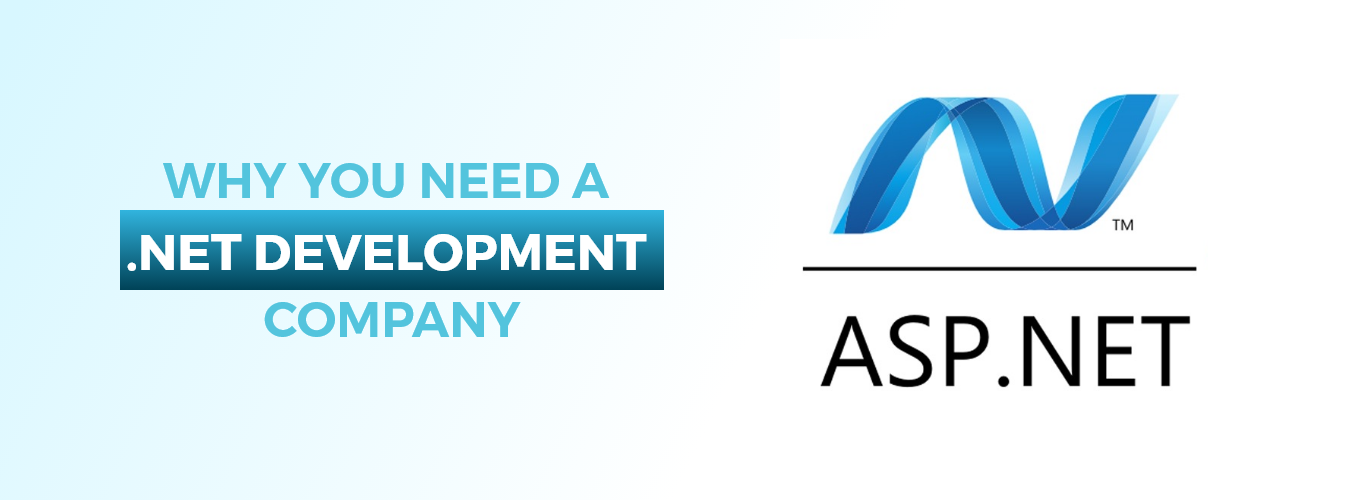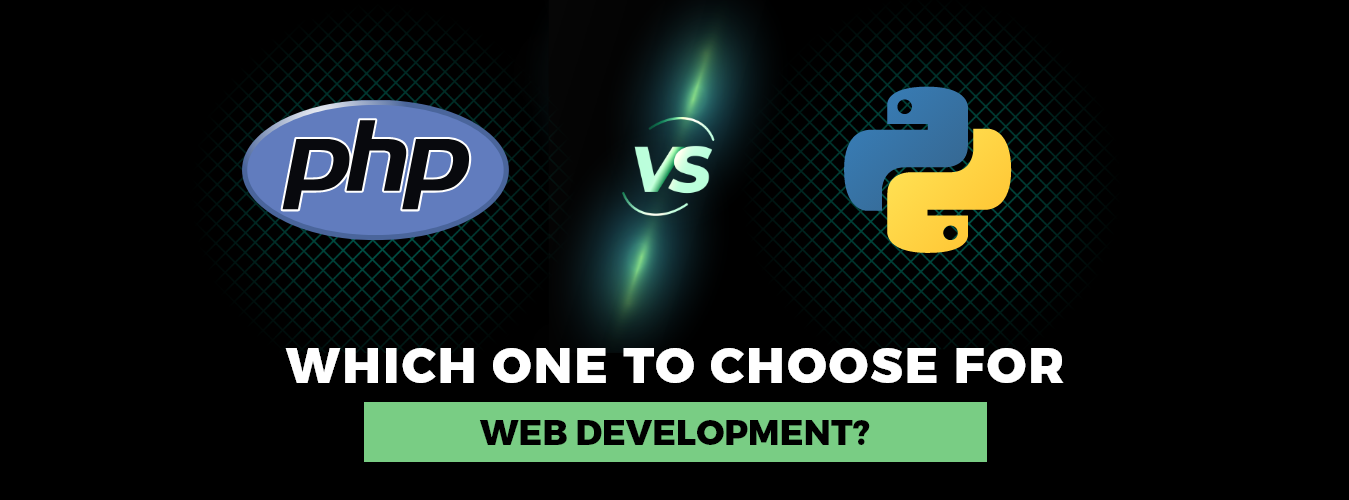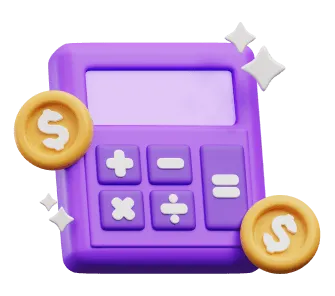Software libraries or sets known as frameworks for mobile app development make it easier to create mobile apps for certain environments. They might be viewed as the supporting bones for all of the connecting elements in mobile development. Because they allow developers to avoid starting from scratch, frameworks for mobile development are essential for accelerating project development. Frameworks also reduce the requirement for complex programming languages.
Examples of mobile development frameworks include React Native, Swiftic, Java, HTML, and many more. Three categories—Native, Web, and Hybrid—are used to categorize these frameworks. Every mobile app development framework has a purpose and environment in which it performs best.
Mobile App Development Frameworks for App Developers
React Native
An open-source UI mobile development framework called React Native is used to create user-focused apps. React Native, a framework developed by Meta (formerly Facebook) in 2015, has become one of the most well-liked and successful ones, adored and used by developers. React Native is a popular choice among developers for several reasons, including the fact that it enables them to design faster-loading apps without sacrificing functionality or quality.
Additionally, React offers special native compatibility tools that programmers may utilize to create effective programs for a variety of platforms, including Android, iOS, Web, and Windows. It means that programmers can make native variations of a single functionality for many platforms. The framework is primarily community-driven. As a result, you can receive assistance from professionals and students all over the world.
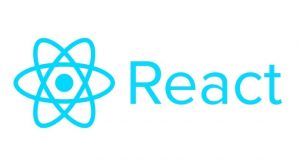
Flutter
Use the open-source and free Google Flutter framework to produce native iOS and Android applications with a simple codebase. It is an innovative SDK for cross-platform app development because of the way it approaches creating apps that imitate native capabilities. It is an unrivaled and reliable mobile phone UI framework that enables inclusive growth to produce interesting apps quickly. Flutter is a comprehensive and accurate framework that comes with widgets, a rendering engine, APIs for integrating and addressing bugs, and tools to support developers in building and releasing beautiful mobile applications.

Get Your Own Empowered Mobile Application Development
contact usIonic
Ionic is another well-liked app development framework that has long been and will continue to be a developer favorite. This offers outstanding desktop, web, and mobile applications that can help you create engaging digital experiences for your target audience. Utilizing the power of the web, speeds up app development by enabling you to create apps that function on Android, iOS, web, desktop, and more using the skills and resources you currently have. This also offers limitless flexibility and total control over your app’s visual and tactile aspects.
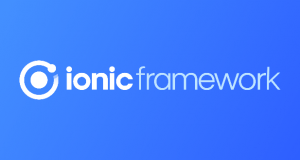
NativeScript
Open-source framework for creating mobile applications must be familiar to you. Great! One of the most well-known open-source frameworks is NativeScript. Many developers naively rely on these accommodating approaches. It does so because NativeScript mitigates a number of issues that can arise during the development process. For instance, using JavaScript, CSS, Typescript, and Angular, this framework makes it simple to construct mobile apps. In a nutshell, it facilitates the creation of Angular apps.
JavaScript is typically not needed by developers to produce API-effective mobile apps. With NativeScript, however, the situation is different. Without having to construct the programming interface or give up on JavaScript, the mobile app developer can use this platform to produce an interface-efficient application.
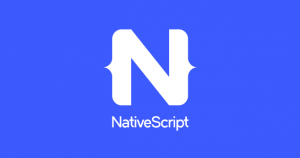
Xamarin
Consider creating an app that can be shared across all mobile platforms, including Android, iOS, and macOS, with only one line of code. That’s Xamarin for you, then. The days of writing code from scratch for each new operating system have long since passed. You may create stunning native apps with the aid of the visual designer offered by the Xamarin Studio IDE. In addition, building cloud-connected apps that synchronize with data from your other services is simple by using the Xamarin Cloud Platform. Additionally, Xamarin provides a number of tools for logging in, such as Fiddler, Dashing, LoginView (iOS), and LoginView (Android).
Since it has been available for more than ten years, Xamarin has emerged as one of the most well-liked options among those who create mobile apps. In order for native mobile apps to communicate with one another, it’s also necessary to link such apps with other services through APIs. Through community forums and Slack channels, the sizable user base of Xamarin can also impart their knowledge.
Corona
Corona is a cross-platform, free, open-source framework for creating game-related mobile apps for smartphones, tablets, and smart TVs. A lightweight scripting language called Lua, making it quick, simple, and flexible to create programs powers it. Corona SDK is the most well-liked and effective option for quickly creating cross-platform mobile apps. It will function well on a variety of operating systems, including iOS, Android, and Nook.
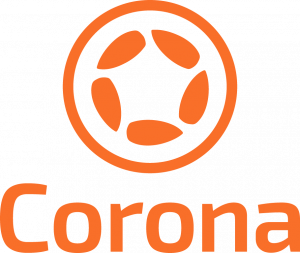
Node.JS
The Node.js server-side platform is great for building robust, scalable apps. It is a highly adaptable and open-minded design that grows nicely with the expansion of your company. Developing mobile applications that share data with other sources, is a great option. The ideal platform for building complex, interactive apps is Node. It is a platform that enables you to develop efficient and scalable apps. Developing mobile applications that share data with other sources is a great option.
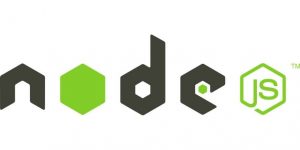
Swfitic
Utilizing a common code base and cutting-edge UI components, you can create engaging and effective native applications for iOS, Android, tvOS, and watchOS. Develop a production-ready version of your gorgeous app idea in Swift! Use your preferred IDE (Xcode or VS Code) to develop once and deploy anywhere. Instead of stressing about having to rewrite your work each time you switch devices or operating systems, be proud of what you’ve built. Using our drag-and-drop component toolkit, you may easily prototype or completely convert from an existing mobile application created in Java or Objective-C.
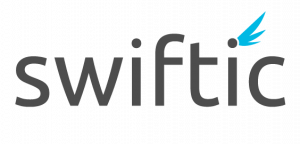
Conclusion
Mobile app development frameworks are so well-liked because they reduce the effort required to create unique apps for various platforms. A cross-platform program can function flawlessly on several platforms and devices. A cross-platform framework is necessary to create this globally compatible software.
Making an informed decision, however, might be aided by speaking with a knowledgeable and experienced cross-platform mobile app development business. Therefore, be sure you have all the necessary knowledge regarding app development frameworks before you create a mobile app development solution for your clients.




